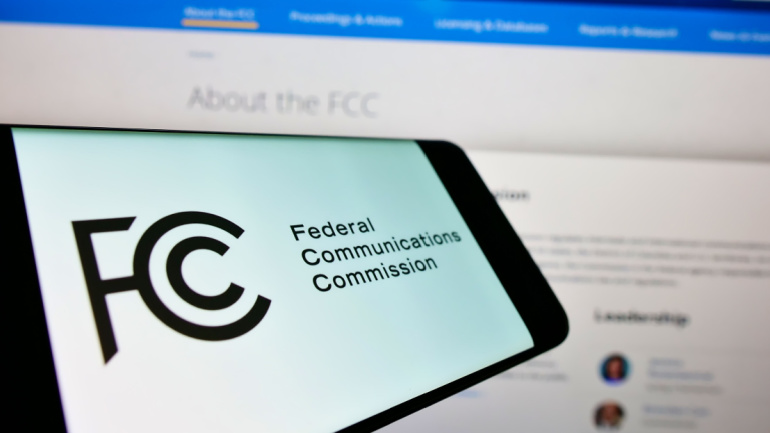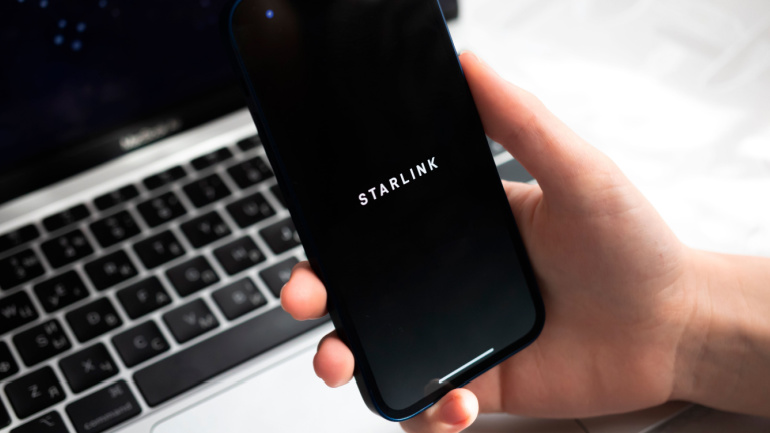TalkTalk has surged ahead to become the UK’s largest retail fibre broadband provider, boasting a service reach to over 15 million premises, edging out competitors like Vodafone and Zen Internet in the race for the broadest fibre network. This expansion has positioned TalkTalk at the forefront of the UK’s digital infrastructure landscape, despite facing operational hiccups.
Despite Europe’s stride towards a digitally advanced future, the current uptake of 5G stands at only 2.5%. This stands in stark contrast to how tech giants like North America, China, Japan, and South Korea are faring. While European market figures on Fibre-to-the-Home (FTTH) appears promising, various challenges, including recent antidumping measures, have stymied progress and exacerbated the digital divide.
ITS has launched the enticing Faster Britain bus initiative, a design tour autour du pays to spread the word about their newly unveiled full-fibre network. The double-decker bus will serve not only as advertisement but a consumer engagement podium, hosting training events at over 70 networks, engaging directly with tech enthusiasts and initiating digital inclusion programs.
The Affordable Connectivity Program (ACP), established to provide subsidized internet service to millions of US households, faces an uncertain future due to budget constraints. It’s a dilemma that could potentially disconnect current beneficiaries and limit future enrollments. However, support from influential leaders and a requested funding boost could create hope for the program’s extension.
The FCC recently reiterated its denial of Starlink’s bid to gain nearly $900M in support from the Rural Digital Opportunity Fund program. Despite Starlink’s impressive technology, FCC Chairwoman Jessica Rosenworcel questioned the wisdom in subsidizing the still evolving tech until 2032. Starlink had initially received the lofty sum in a 2020 auction but was later deemed inadequate in verifying its capabilities.
Kansas has taken a significant stride towards improving statewide internet connectivity by allocating $28.5 million in grants through the Lasting Infrastructure and Network Connectivity (LINC) program. Aimed at bolstering broadband infrastructure, the LINC funding prioritizes achieving minimum speeds of 100/20 Mbps, enhancing internet exchange point facilities, and fortifying middle-mile infrastructure.
The White House’s recent call to Congress for increased funding of the Affordable Connectivity Program (ACP) has significantly stirred the telecommunications sector. Putting forth a request to extend the ACP’s operations, the Biden Administration aims to stretch free and discounted internet provision to eligible households until December 2024.
Calix, Inc. sets a new benchmark in the telecommunications landscape with its innovative solution, Calix SmartBiz™, now reaching the UK market. This transformative service specifically facilitates the 5.5 million SMEs across the UK, providing alternative service providers a fresh approach to offer customised, comprehensive solutions including managed Wi-Fi and enhanced network security services.
Illinois-based communications services provider HTC has joined forces with Ribbon Communications Inc., a global leader in real-time communications technology and IP optical networking solutions. The collaboration aims to modernize and fortify HTC’s network infrastructure through the implementation of Ribbon’s cutting-edge IP Wave solutions.
The Tribal Broadband Connectivity Programme (TBCP), funded primarily by President Biden’s Internet for All Initiative, has recently bestowed $3.5 million in grants among seven Tribal entities to accelerate internet access in these areas. Supported with an impressive $3 billion budget, the TBCP aims to reduce internet barriers and bridge the digital divide, promising a transformative effect. The initiative is facilitating internet connectivity for remote learning, boosting telehealth services, fostering employment opportunities, and more.













